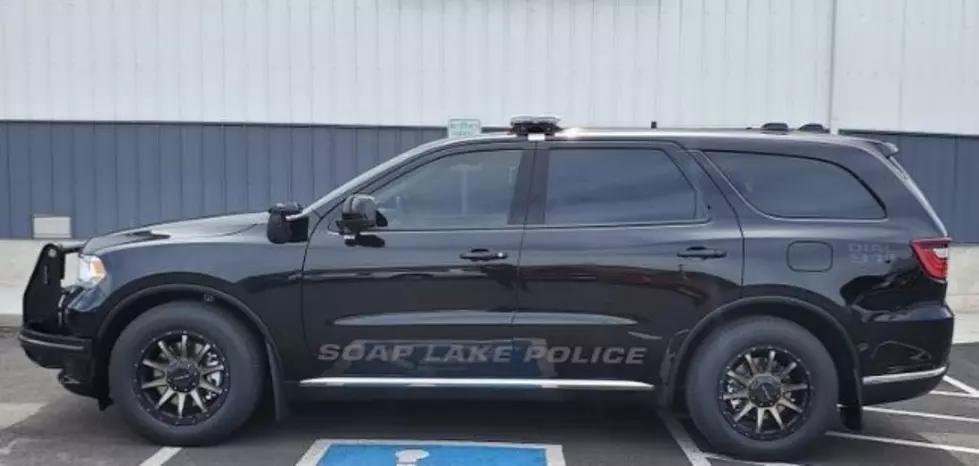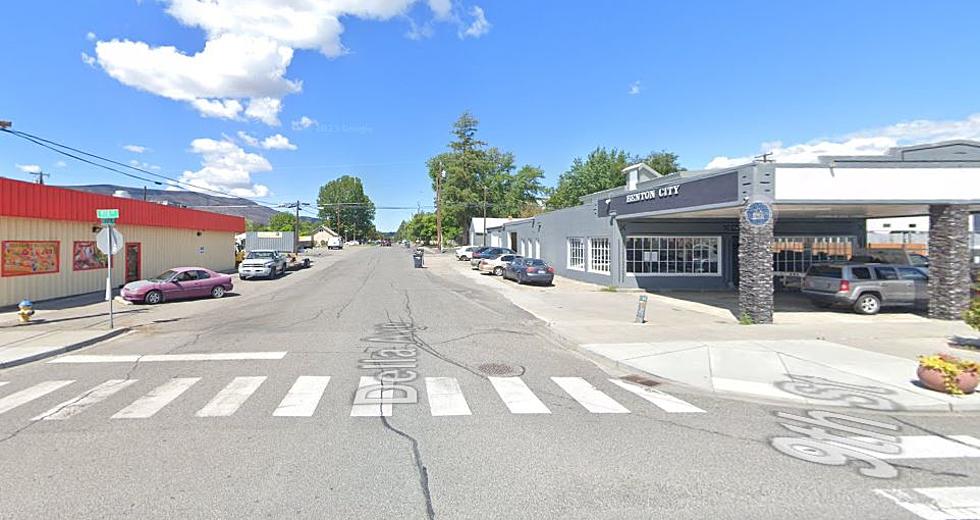![Former Police Chief of Seattle Asks Feds to Respect Legalized Marijuana [INTERVIEW]](http://townsquare.media/site/136/files/2012/11/norm-stamper.jpg?w=980&q=75)
Former Police Chief of Seattle Asks Feds to Respect Legalized Marijuana [INTERVIEW]
Norm Stamper, chief of police in Seattle from 1994 to 2000, signed a petition delivered to U.S. Attorney General Eric Holder this morning requesting he respect Washington’s right to legalize marijuana.
The petition was drafted by Law Enforcement Against Prohibition (LEAP) of which Stamper is an advisory board member. He joined in 2005 after the group reached out to him during his book tour. After resigning from SPD, Stamper wrote Breaking Rank: A Top Cop’s Expose of the Dark Side of American Policing. One of the chapters gives a scathing critique of the War on Drugs.
Stamper’s legacy in Seattle was clouded by the city’s handling of the 1999 protests against a World Trade Organization conference. An estimated 40,000 people joined the protests and some deem the police response too extreme. He has publicly expressed regret and wrote his book to complain about the structure of modern police departments that too much resemble militaries.
“It was built to address corruption… we can be much more effective in our crime fighting and more dignified and respectful in providing police services,” he told KFLD on Tuesday.
This is partly why he opposes the War on Drugs and was happy to see Washington vote to legalize marijuana. Alcohol prohibition in the 1930s ended when New York State rejected the national policy and other states followed suit. With Colorado and Washington setting a precedent, the rest of the country is likely to follow, he said.
Current drug policing unintentionally targets poor African Americans and Hispanic youth even though whites use as much, if not more, drugs. Imagine if Bill Clinton’s marijuana use had ended his career. That is happening to thousands of minority men every year, he said.
“Police officers say they aren’t bigoted… it doesn’t matter. What matters is widely disproportionate numbers of young, poor blacks and Hispanics put in the back of police cruisers,” he said.
Second, the current battle against marijuana too closely resembles the era of alcohol prohibition, Stamper said. Drug overdoses are the new form of bad bathtub gin. Dealers are lacing marijuana with stronger drugs to get young teenagers addicted. Cartels are making millions and escalating violence. Legalizing the drug allows the government to monitor the purity of the drug and make money instead of investing money in the losing War on Drugs, he argued.
Drug cartels will not immediately disappear, but legalizing marijuana in the U.S. will end about 60 percent of their total profits, Stamper proposed.
“Greedy and evil people are making enormous sums of money,” he added. “They attempt to tempt police officers. With that amount of money, the seduction is great… I saw it in Seattle.”
Also, arrests for small amounts of marijuana take an officer off the street for about four hours. Is that the best use of resources? he asked.
Driving while under the influence of marijuana is a real concern, but now that the drug is legal, entrepreneurs will be “falling over themselves” to sell cheaper, more efficient tests for THC (the chemical compound in marijuana), he said.
The War on Drugs should be waged against cartels, not against citizens with small amounts, he concluded. It’s a bad investment of money and is bad for building community.
More From 870 AM KFLD









